Ernest Wilimowski (1916-1997) was born Ernst Otto Prandella in Prussian Kattowitz (today Katowice, Poland). One of the most legendary players of his own or any other era, his incredible, controversial legacy is largely forgotten today.
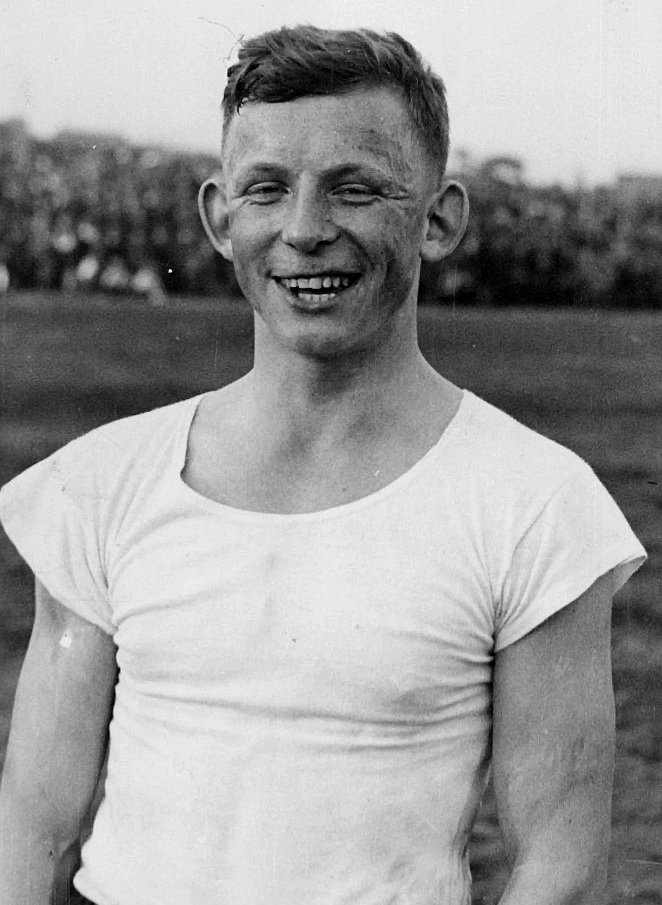
Early Years
Born into a German-speaking Silesian family, Ernst's father died at the front fighting for the German Empire in WWI shortly after he was born. When Upper Silesia became part of Poland in 1922, following the Silesian Uprisings, six-year-old Ernst became Ernest - a Polish citizen. German remained the language spoken in his home, however, and his mother sent him to a German kindergarten and primary school. He proved to be a talented athlete excelling at both ice hockey and football. His mother remarried and in 1929, in concert with his legal adoption by his Polish stepfather, his surname changed to Wilimowski. The same year, the football prodigy - who had six toes on his right foot and was a skilled dribbler and striker - debuted for the first team of the ethnically German club '1. FC Kattowitz' in the Polish top division at the age of only 13.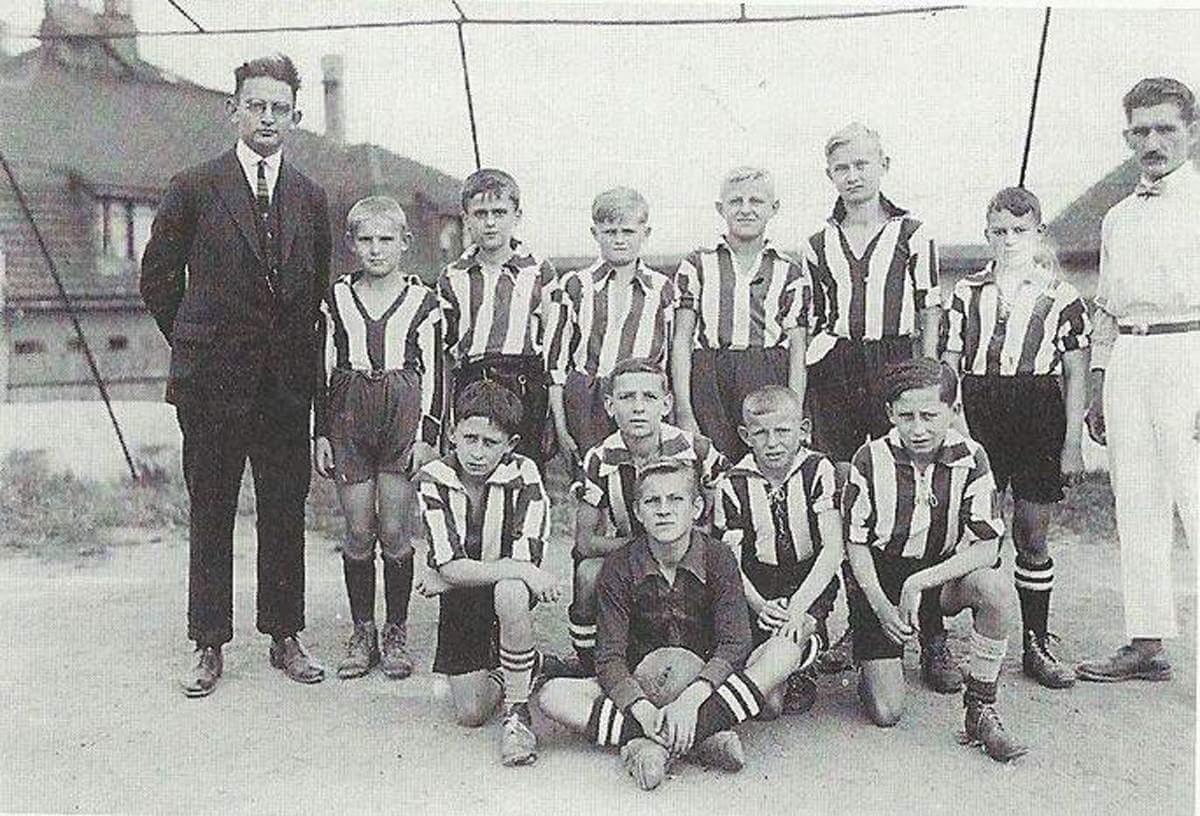
The Age of 'Ezi'
At the age of 17, Wilimowski was transferred from 1. FC Kattowitz to Ruch Wielkie Hajduki (later Ruch Chorzów), where his extraordinary talent shined and his playing career took off. Now known as 'Ezi' to his friends and fans, Wilimowski was a forward who played from the left side and scored goals in bunches. He became the first player to score 7, 8, 9 and 10(!) goals in a game. The 10 came against Union Touring Łódź, and still stands as a Polish league record today, unlikely to ever be broken. He was the league’s top scorer three times and claimed four Polish championships with Ruch at the end of the 1930s. In total he scored 117 goals in 86 league games for Ruch Chorzów - most of them reportedly coming from close range accompanied by a devilish smile.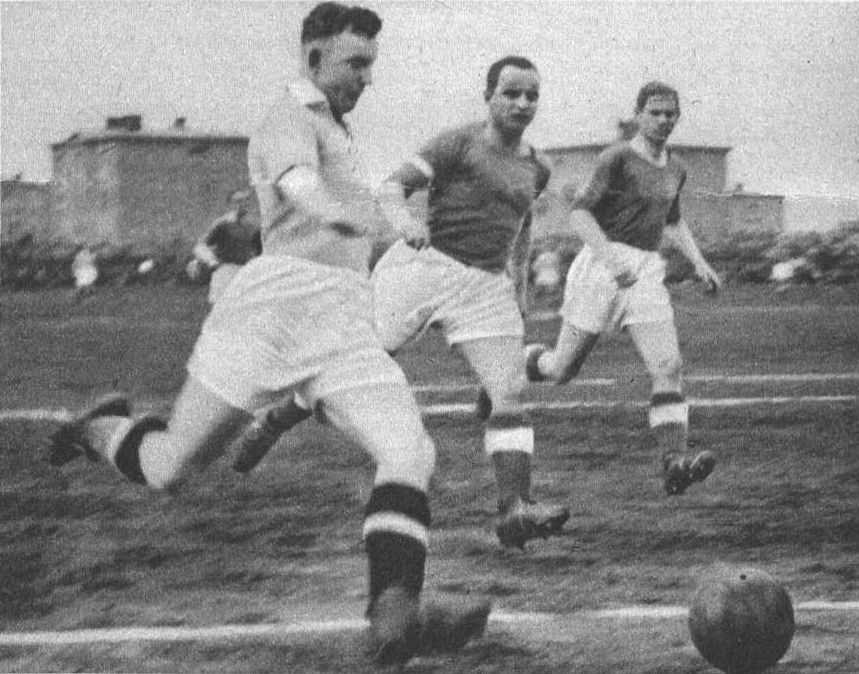
Wartime Career
Just four days later the Second World War began and the 'Ezi' era ended. With Katowice again German Kattowitz following the Nazi invasion of Poland, Wilimowski found that the only way to continue his playing career was to reclaim German citizenship, as Poles were not allowed to participate in sports under Nazi occupation. Like other players from Upper Silesia, he also swapped allegiances to play for the German national team, and rejoined 1. FC Kattowitz. Despite this, Wilimowski faced slander and threats from Nazi authorities and the German public for his time with Ruch Chorzów, and his mother was even sent to the Auschwitz death camp as punishment for her relationship with Ernst's Polish stepfather. Thanks to his football talent, and a close relationship with famed Nazi pilot Hermann Graf, however, Ezi was able to get her out.Due to the war, the 1942 World Cup never happened. However, Wilimowski set a record that still stands today by scoring 14 goals in the 1942 German Cup, leading his team TSV 1860 Munich to the championship. Many football experts agree that if the 1942 World Cup had been played, Wilimowski's name would likely be remembered today alongside those of Pele and Maradona. Instead, WWII kept him off the international stage during some of his most productive playing years. In 1945 Wilimowski joined the Wehrmacht and played on military teams in German-occupied Kraków. It would be his last time on Polish soil.
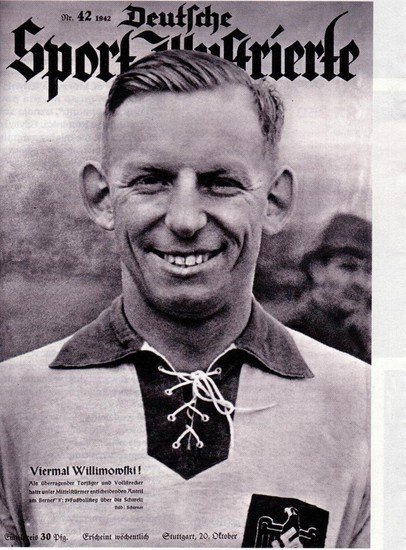
sports rag, doing his reputation in Poland no favours.
Postwar Years & Legacy
Due to his wartime allegiance with Germany, Wilimowski was branded a traitor in post-war communist Poland and even banned from entering the country. As a result, he never returned to Katowice and his Silesian homeland. 31 years old when organised play resumed, Ezi continued his professional career with various German clubs before retiring at age 41. He ended his incredible career having scored at least 683 goals in 484 official matches, and at least 1079 goals in 691 matches across his entire career, making him one of the greatest goalscorers of all time. In fact, Wilimowski holds the all-time record for most goals scored in a single season, netting 107 in just 45 matches for Polizei-Sportverein Chemnitz in the 1940-41 season.After his playing career ended, Wilimowski ran a restaurant with his wife (with whom he had four children) in his adopted home of Karlruhe, Germany. He was buried there in 1997 after passing away at the age of 81. Recently, his grave was threatened with demolition when plans were revealed to repurpose the part of Hauptfriedhof Cemetery where his remains lay. As a result, Polish fans of Ruch Chorzów raised the necessary funds to move his grave to a secure part of the cemetery, erected a new monument and headstone, and held a funeral service for the club's greatest player on the 28th anniversary of his death (August 30, 2025). Today his legacy is still controversial in Poland, but the general public's attitude towards 'Ezi' seems to be softening.
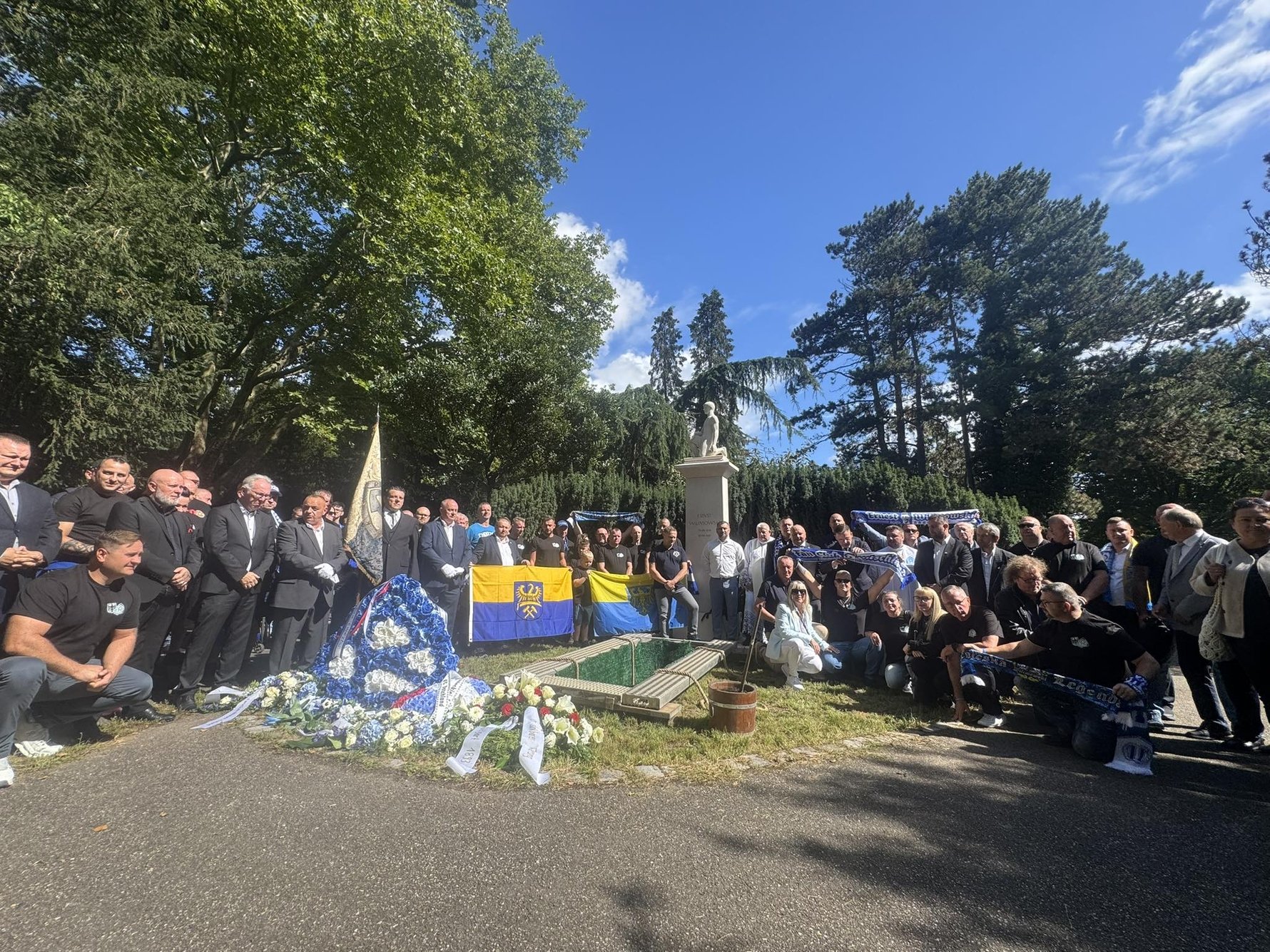
Thanks to Polish football expert Maciej Slominski for his help in putting this article together. Find him on X @MaciejSlominski.



Comments